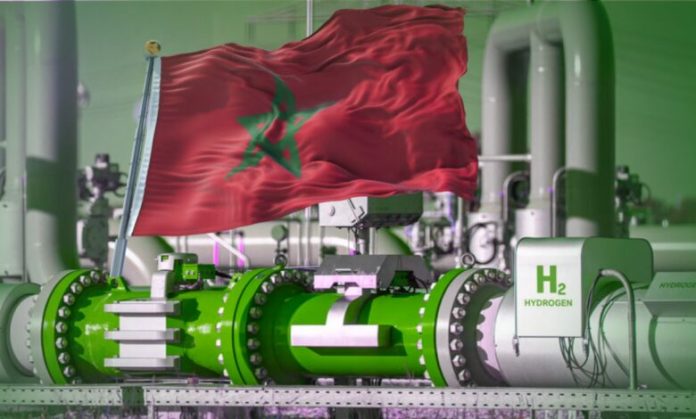In a sunlit lab at the Mohammed VI Polytechnic University campus in Benguerir, a small group of students is huddled around a miniature electrolyzer. Focused and meticulous, they tweak sensors, check wiring, and monitor efficiency levels. Here, hydrogen isn’t some abstract buzzword thrown around at global conferences—it’s a hands-on subject of study. As Morocco sharpens its national green hydrogen strategy, universities across the country are racing to prepare the talent that will drive this vision forward.
Walking through the university’s halls, the energy transition feels ever-present. Posters advocate for a cleaner future, and a new academic track—“Green Hydrogen & Power to X”—has just been launched in partnership with European research labs. “We built this program to meet the demands of tomorrow’s industries,” says a faculty member. The curriculum is rigorous and global in scope, blending applied chemistry, process engineering, and energy systems modeling. All instruction is in English, reflecting the international nature of the sector and its career paths.
This academic push is directly tied to a major political signal. Earlier this year, Moroccan authorities unveiled a national strategy focused on green hydrogen, framing it as both an energy independence initiative and a catalyst for reindustrialization. The plan capitalizes on Morocco’s abundant wind and solar resources to generate this clean fuel—not just for export, but also for domestic use. But building a green hydrogen industry requires more than investment and infrastructure. It demands deep, technical know-how—and that’s what Morocco is trying to build.
In Rabat, the Institute for Research in Solar Energy and New Energies (IRESEN) is actively developing pilot programs, including one centered on low-carbon electrolysis. The project brings together engineers, PhD students, and technicians working toward scalable, practical applications. “The real challenge is aligning the pace of investment with the pace of skill development,” says one of the program’s coordinators. If current timelines hold, Morocco will need a workforce trained to international standards by as early as 2027.
At public engineering schools, this transformation is only just beginning. At École Mohammadia, an existing “clean energy” track has been updated to include specific modules on hydrogen. Conferences and awareness events are now part of the academic calendar, but the schools still lack fully equipped labs. “There’s clear enthusiasm among students,” says one professor, “but the institutions need more support to keep up.”
Beyond engineering programs, Morocco is also training a new generation of technicians through vocational schools. The goal is to build a fully integrated talent pipeline-from R&D labs to on-the-ground implementation. In this massive effort to shift toward green energy, human capital will be just as critical as technology or funding. Morocco has ambitious plans to become a major hydrogen producer—but first, it must train the people who can make it happen.
